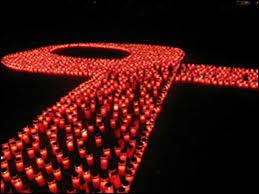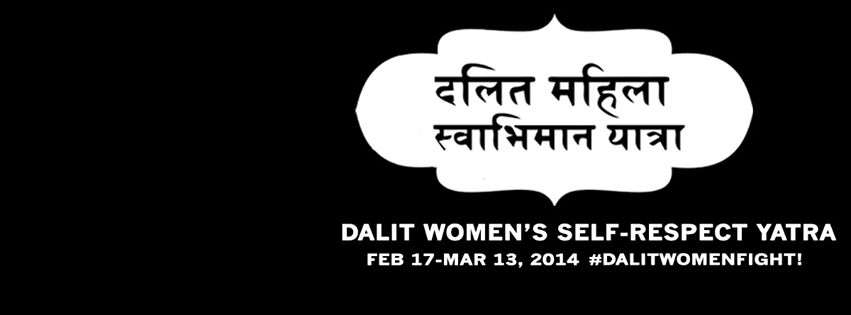Introducing TFW's Forum on World AIDS Day
 I was in my early teens when an aunt shared that an estranged and presumably “gay” cousin, one whose name was the same as mine, had died of an AIDS-related illness. Our names were not the only similarity we shared, it seemed. I also recall the mysterious and hurried death of an older second cousin. I never met her but overheard the adults in my family discussing how tragic it was that drug use and some illness had snatched the life of this beautiful young woman.
I was in my early teens when an aunt shared that an estranged and presumably “gay” cousin, one whose name was the same as mine, had died of an AIDS-related illness. Our names were not the only similarity we shared, it seemed. I also recall the mysterious and hurried death of an older second cousin. I never met her but overheard the adults in my family discussing how tragic it was that drug use and some illness had snatched the life of this beautiful young woman.
Many years later, I have heard stories that have been shared in celebration of friends who have transitioned way too early from HIV-related illnesses. Most of the time, the narratives shared have been cloaked in secrecy and shame. In all cases, however, I have been reminded of the power of our testimonies—of our words written or spoken. I have been reminded of the need to narrate the ways in which our lives and our communities have been wrought by the HIV/AIDS pandemic.
The narratives we share—whether they are reprehensible, celebratory, informed, or deluded—are powerful because they function as epistemological tools. They produce and reproduce HIV/AIDS knowledges in the world and might easily shape, say, the understandings maintained by a black sexually-inquisitive teenager who comes to believe that HIV is the sole trajectory for black men who sexually engage other black men or the lot of the intravenous drug user. Indeed, our responses, and lack there of, to a pandemic that has reshaped the social and economic life of millions around the world are inevitably impacted by our tellings: our stories; our advocacy; our sharing of new knowledges.
This World AIDS Day, TFW has made space for several contributions that take the shape of testimony, manifesto, interview and commentary. We offer powerful words from those who work daily to stop the spread of HIV/AIDS…from those who are impacted by the pandemic. Indeed, the powerful contributions published as part of our Forum on World AIDS Day, shared over the next few days, are meant to remind us that we are all impacted by the pandemic. And, that we all have a part in actualizing its ending. They are also meant to move us to consider the structural conditions that exacerbate the pandemic.
We invite you to read, share, and testify. Engage our contributors in the comment’s section and engage the communities of which you are part so that we can continue to break the silences.



0 comments